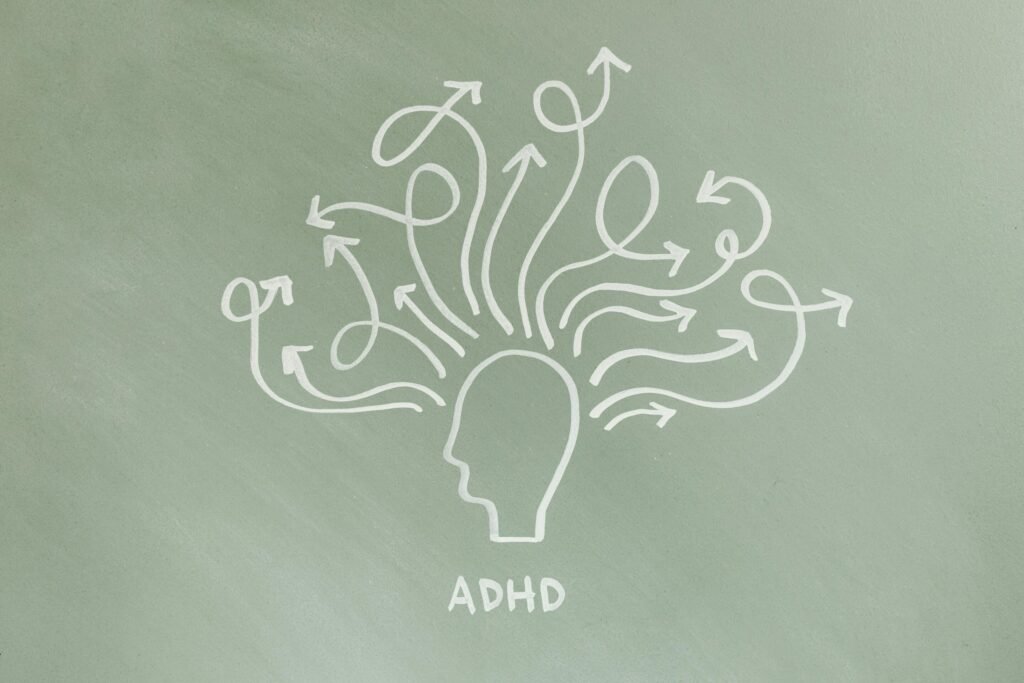Researchers at the University of Oulu’s Research Unit of Clinical Medicine and Oulu Business School have conducted a study on how symptoms of adolescent ADHD (attention-deficit/hyperactivity disorder) and oppositional defiant disorder (ODD) are connected to adult income.
Published in the journal European Child & Adolescent Psychiatry, the study revealed that these symptoms do not directly impact income levels in adulthood. Instead, the effects are seen indirectly through education and other psychiatric disorders. The research found that individuals with symptoms of both ADHD and ODD experienced a 25% lower income through the pathway of education and an 18% lower income through other psychiatric disorders.
The study utilized data from the Northern Finland Birth Cohort 1986, which included nearly 9,500 participants. At the age of 16, their parents assessed their ADHD and ODD symptoms through a questionnaire. Information on education, annual income, psychiatric disorders, and background factors was obtained from national registers.
ODD is a common comorbid disorder of ADHD, affecting about 30% of those diagnosed with ADHD. The study also highlighted the independent effects of ODD symptoms, an area that has been relatively under-researched.
Lead author Sampo Seppä stated that the results are promising, indicating that adolescent ADHD and ODD symptoms alone are not directly associated with lower income levels in adulthood. However, previous research by Seppä has shown that these symptoms can impact school performance, educational achievement, and increase the risk of unemployment and sickness absence.
Seppä emphasized the importance of providing support to young people with ADHD to help them succeed in the workforce. The study underscores the significance of preventive services and investments in education and mental health services to reduce the consequences of neurodevelopmental disorders at a population level.
The research paper, titled “Indirect associations between adolescent ADHD and/or oppositional defiant disorder symptoms and adult incomes: the mediating roles of education and co-occurring psychiatric disorders,” is available in European Child & Adolescent Psychiatry. More information can be found in the study by Sampo Seppä et al.
This study sheds light on the indirect impacts of adolescent ADHD and ODD symptoms on adult income, emphasizing the importance of early intervention and support for individuals with these neurodevelopmental disorders.


